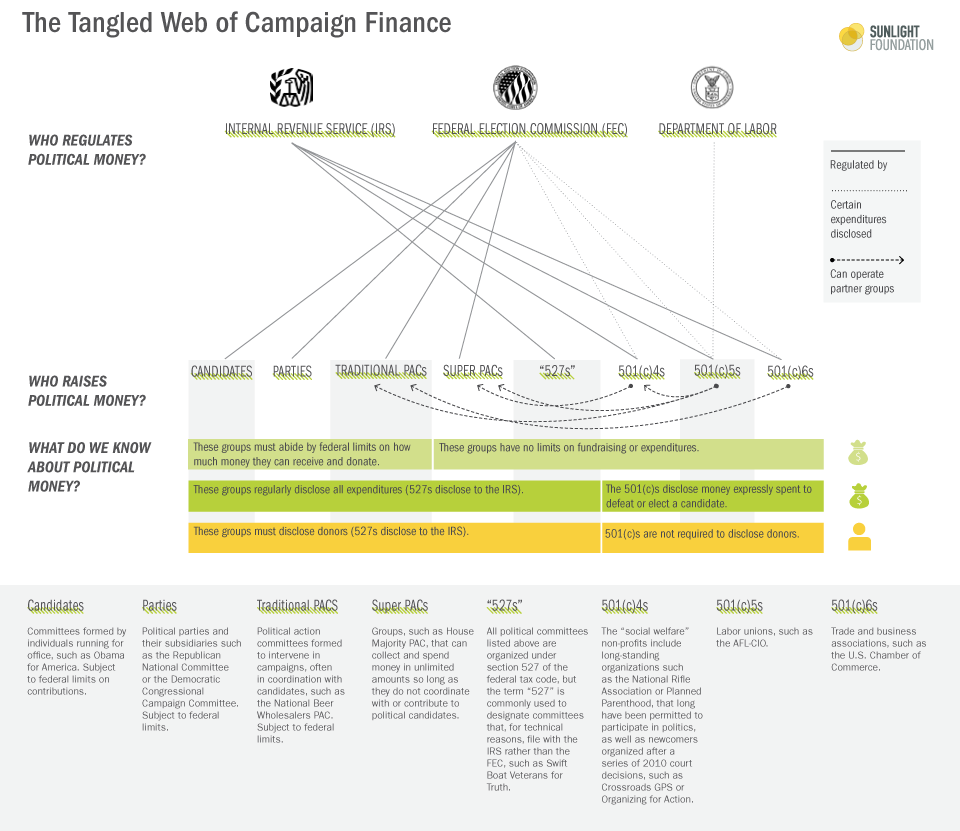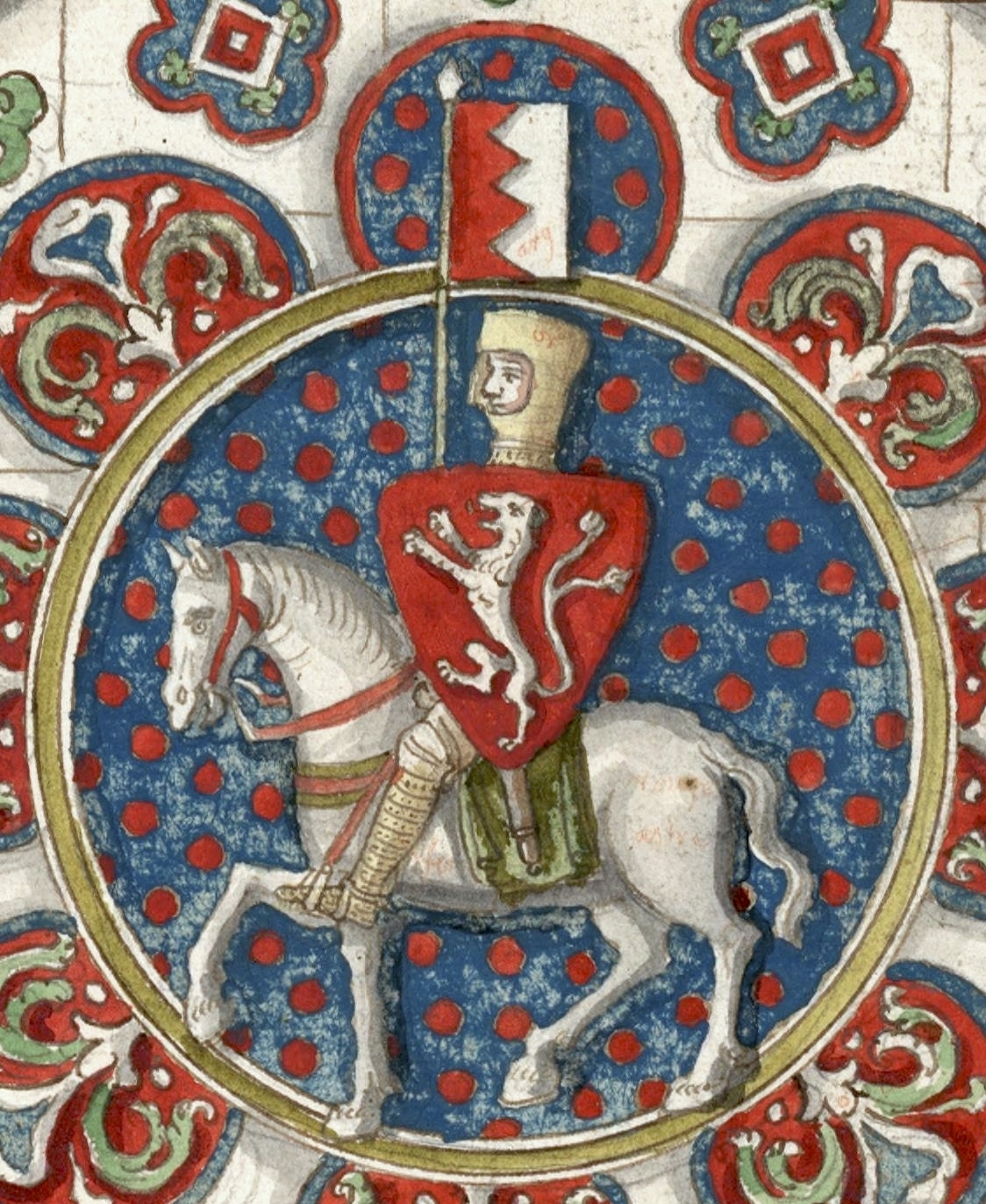|
Knight Of The Shire
Knight of the shire () was the formal title for a member of parliament (MP) representing a county constituency in the British House of Commons, from its origins in the medieval Parliament of England until the Redistribution of Seats Act 1885 ended the practice of each county (or ''shire'') forming a single constituency. The corresponding titles for other MPs were '' burgess'' in a borough constituency (or ''citizen'' if the borough had city status) and ''baron'' for a Cinque Ports constituency. Knights of the shire had more prestige than burgesses, and sitting burgesses often stood for election for the shire in the hope of increasing their standing in Parliament. The name "knight of the shire" originally implied that the representative had to be a knight, and the writ of election referred to a belted knight until the 19th century; but by the 14th century men who were not knights were commonly elected. An act of Henry VI ( 23 Hen. 6. c. 14) stipulated that those eligible ... [...More Info...] [...Related Items...] OR: [Wikipedia] [Google] [Baidu] |
Henry VI Of England
Henry VI (6 December 1421 – 21 May 1471) was King of England from 1422 to 1461 and 1470 to 1471, and English claims to the French throne, disputed King of France from 1422 to 1453. The only child of Henry V of England, Henry V, he succeeded to the Throne of England, English throne at the age of eight months, upon his father's death, and to the List of French monarchs, French throne on the death of his maternal grandfather, Charles VI of France, Charles VI, shortly afterwards. Henry was born during the Hundred Years' War (1337–1453), he is the only English monarch to have been crowned King of France, following his coronation at Notre-Dame de Paris in 1431 as Henry II. His early reign, when England was ruled by a Regency government, 1422–1437, regency government, saw the pinnacle of English power in Kingdom of France, France. However, setbacks followed once he assumed full control in 1437. The young king faced military reversals in France, as well as political and financia ... [...More Info...] [...Related Items...] OR: [Wikipedia] [Google] [Baidu] |
Tongue-in-cheek
Tongue-in-cheek is an idiom that describes a humorous or sarcastic statement expressed in a serious manner. History The phrase originally expressed contempt, but by 1842 had acquired its modern meaning. Early users of the phrase include Sir Walter Scott in his 1828 ''The Fair Maid of Perth''. The physical act of putting one's tongue into one's cheek once signified contempt. For example, in Tobias Smollett's ''The Adventures of Roderick Random,'' which was published in 1748, the eponymous hero takes a coach to Bath and on the way apprehends a highwayman. This provokes an altercation with a less brave passenger: The phrase appears in 1828 in ''The Fair Maid of Perth'' by Sir Walter Scott: It is not clear how Scott intended readers to understand the phrase. The more modern ironic sense appeared in a poem in ''The Ingoldsby Legends'' (1842) by the English clergyman Richard Barham Richard Harris Barham (6 December 1788 – 17 June 1845) was an English cleric of the Church of ... [...More Info...] [...Related Items...] OR: [Wikipedia] [Google] [Baidu] |
Election Expenses
Campaign financealso called election finance, political donations, or political financerefers to the funds raised to promote candidates, political parties, or policy initiatives and referendums. Donors and recipients include individuals, corporations, political parties, and charitable organizations. Political campaigns usually involve considerable costs, travel, staff, political consulting, and advertising. Campaign spending depends on the region. For instance, in the United States, television advertising time must be purchased by campaigns, whereas in other countries, it is provided for free. The need to raise money to maintain expensive political campaigns diminishes ties to a representative democracy because of the influence large contributors have over politicians. Although the political science literature indicates that most contributors give to support parties or candidates with whom they are already in agreement, there is wide public perception that donors expect governme ... [...More Info...] [...Related Items...] OR: [Wikipedia] [Google] [Baidu] |
Parliamentary Franchise In The United Kingdom 1885–1918
The total registered electorate in the United Kingdom grew from 5.7 million in 1885 to over 21 million in 1918. Much of the growth was result of the Representation of the People Act 1918, which expanded franchise by abolishing property qualifications for men and introduced female suffrage for some women over the age of 30. Changes in parliamentary franchise from 1885 to 1918 in the United Kingdom were the result of centuries of development in different kinds of constituencies. The three Reform Acts of the nineteenth century brought about some order by amending franchises in a uniform manner (see Reform Act 1832, Reform Act 1867 and Representation of the People Act 1884). After 1885 the occupation franchise (under which most of the electors qualified in this period) was similar in all types of constituency, throughout the United Kingdom, but there were some surviving ownership and reserved Borough franchises which applied differently in particular seats. The major distinction wa ... [...More Info...] [...Related Items...] OR: [Wikipedia] [Google] [Baidu] |
Representation Of The People Act 1832
The Representation of the People Act 1832 (also known as the Reform Act 1832, Great Reform Act or First Reform Act) was an act of the Parliament of the United Kingdom (indexed as 2 & 3 Will. 4. c. 45), enacted by the Whig government of Prime Minister Charles Grey, 2nd Earl Grey, introducing major changes to the electoral system of England and Wales, expanding the electorate in the United Kingdom. The legislation granted the right to vote to a broader segment of the male population by standardizing property qualifications, extending the franchise to small landowners, tenant farmers, shopkeepers, and all householders who paid a yearly rental of £10 or more. The act also reapportioned constituencies to address the unequal distribution of seats. The act of England and Wales was accompanied by the Scottish Reform Act 1832 and Irish Reform Act 1832, respectively. Before the reform, most members of Parliament nominally represented boroughs. However, the number of electors in a ... [...More Info...] [...Related Items...] OR: [Wikipedia] [Google] [Baidu] |
Grampound (UK Parliament Constituency)
Grampound in Cornwall was a borough constituency of the House of Commons of England, House of Commons of the Parliament of England, then of the Parliament of Great Britain from 1707 to 1800 and of the Parliament of the United Kingdom from 1801 to 1826. It was represented by two Members of Parliament. History Grampound's market was on a Saturday and the town had a glove factory. Grampound was created a Borough by a charter of King Edward VI with a Mayor, eight Aldermen, a Recorder, and a Town Clerk. In 1547 it sent members to Parliament for the first time, one of a number of Cornish rotten boroughs, rotten boroughs in Cornwall established during the Tudor period. Boundaries The constituency was a Parliamentary borough in Cornwall, covering Grampound, a market town from Truro on the River Fal. Franchise The franchise for the borough was in the hands of Mayor, Recorder, Aldermen and any Freemen created by the council. In 1816, T. H. B. Oldfield wrote that there were 42 voters in ... [...More Info...] [...Related Items...] OR: [Wikipedia] [Google] [Baidu] |
Yorkshire (UK Parliament Constituency)
Yorkshire was a United Kingdom constituencies, constituency of the House of Commons of the United Kingdom, House of Commons of the Parliament of England from 1290, then of the Parliament of Great Britain from 1707 to 1800 and of the Parliament of the United Kingdom from 1801 to 1832. It was represented by two Member of Parliament (United Kingdom), Members of Parliament, traditionally known as Knights of the Shire, until 1826, when the county benefited from the disfranchisement of Grampound (UK Parliament constituency), Grampound by taking an additional two members. The constituency was split into its three historic ridings, for Parliamentary purposes, under the Reform Act 1832. Each riding returned two MPs. The county was then represented by the Yorkshire East Riding (UK Parliament constituency), Yorkshire East Riding, Yorkshire North Riding (UK Parliament constituency), Yorkshire North Riding and Yorkshire West Riding (UK Parliament constituency), Yorkshire West Riding constitue ... [...More Info...] [...Related Items...] OR: [Wikipedia] [Google] [Baidu] |
Simon De Montfort's Parliament
Simon de Montfort's Parliament was an English parliament held from 20 January 1265 until mid-March of the same year, called by Simon de Montfort, a baronial rebel leader. Montfort had seized power in England following his victory over Henry III at the Battle of Lewes during the Second Barons' War, but his grip on the country was under threat. To gain more support, he summoned not only the barons and the knights of the shires, as in previous parliaments, but also burgesses from the major towns. They discussed radical reforms and temporarily stabilised Montfort's political situation. Montfort was killed at the Battle of Evesham later that year, but the idea of inviting both knights and burgesses to parliaments became more popular under Henry's son Edward I. By the 14th century, it had become the norm, with the gathering becoming known as the House of Commons. Background In 1258, King Henry III of England faced a revolt among the English barons. Anger had grown about the wa ... [...More Info...] [...Related Items...] OR: [Wikipedia] [Google] [Baidu] |
Yeoman
Yeoman is a noun originally referring either to one who owns and cultivates land or to the middle ranks of Serfdom, servants in an Peerage of England, English royal or noble household. The term was first documented in Kingdom of England, mid-14th-century England. The 14th century witnessed the rise of the yeoman English longbow, longbow Archery, archers during the Hundred Years' War, and the yeoman outlaws celebrated in the Robin Hood ballads. Yeomen joined the English Navy during the Hundred Years' War as Sailor, seamen and archers. In the early 15th century, yeoman was the rank of chivalry between Page (servant), page and squire. By the late 17th century, yeoman became a rank in the Royal Navy for the common seamen who were in charge of ship's stores, such as foodstuffs, gunpowder, and sails. References to the emerging social stratum of wealthy land-owning commoners began to appear after 1429. In that year, the Parliament of England re-organized the House of Commons of Englan ... [...More Info...] [...Related Items...] OR: [Wikipedia] [Google] [Baidu] |
Estate (law)
In common law, an estate is a living or deceased person's net worth. It is the sum of a person's assets – the legal rights, interests, and entitlements to property of any kind – less all liabilities at a given time. The issue is of special legal significance on a question of bankruptcy and death of the person. (See inheritance.) Depending on the particular context, the term is also used in reference to an estate in land or of a particular kind of property (such as real estate or personal estate). The term is also used to refer to the sum of a person's assets only. The equivalent in civil law legal systems is patrimony. Bankruptcy Under United States bankruptcy law, a person's estate consists of all assets or property of any kind available for distribution to creditors. However, some assets are recognized as exempt to allow a person significant resources to restart their financial life. In the United States, asset exemptions depend on various factors, inclu ... [...More Info...] [...Related Items...] OR: [Wikipedia] [Google] [Baidu] |




